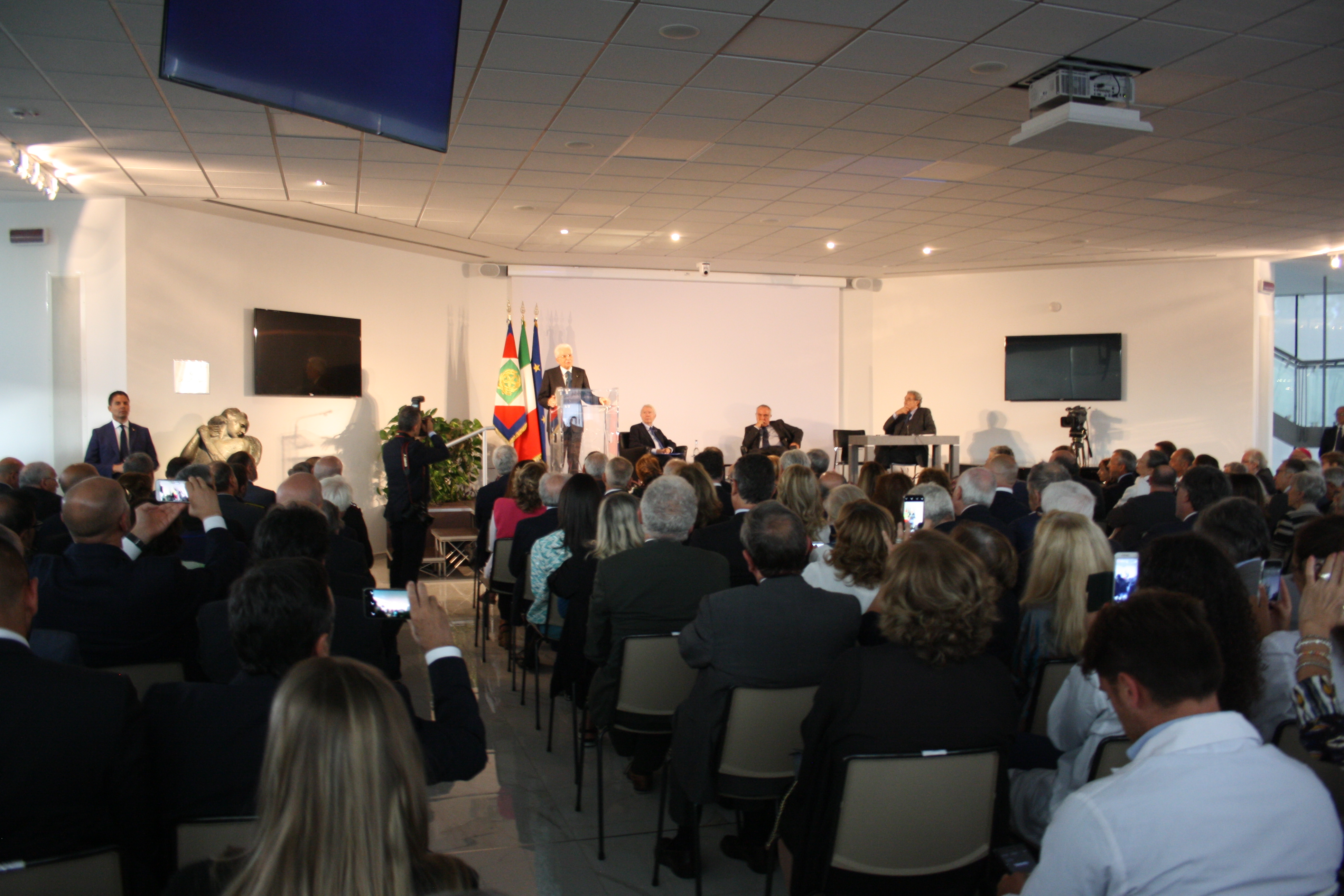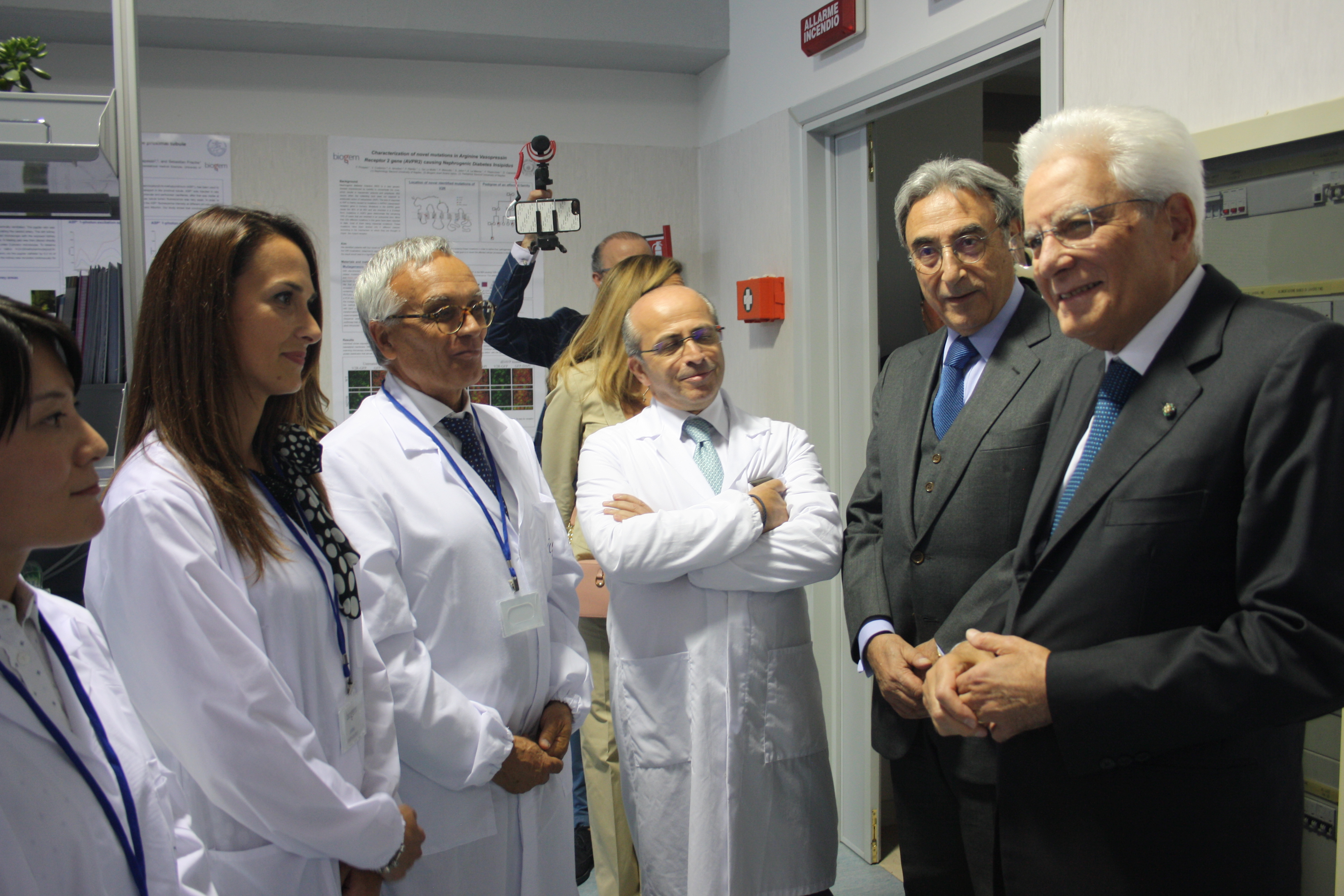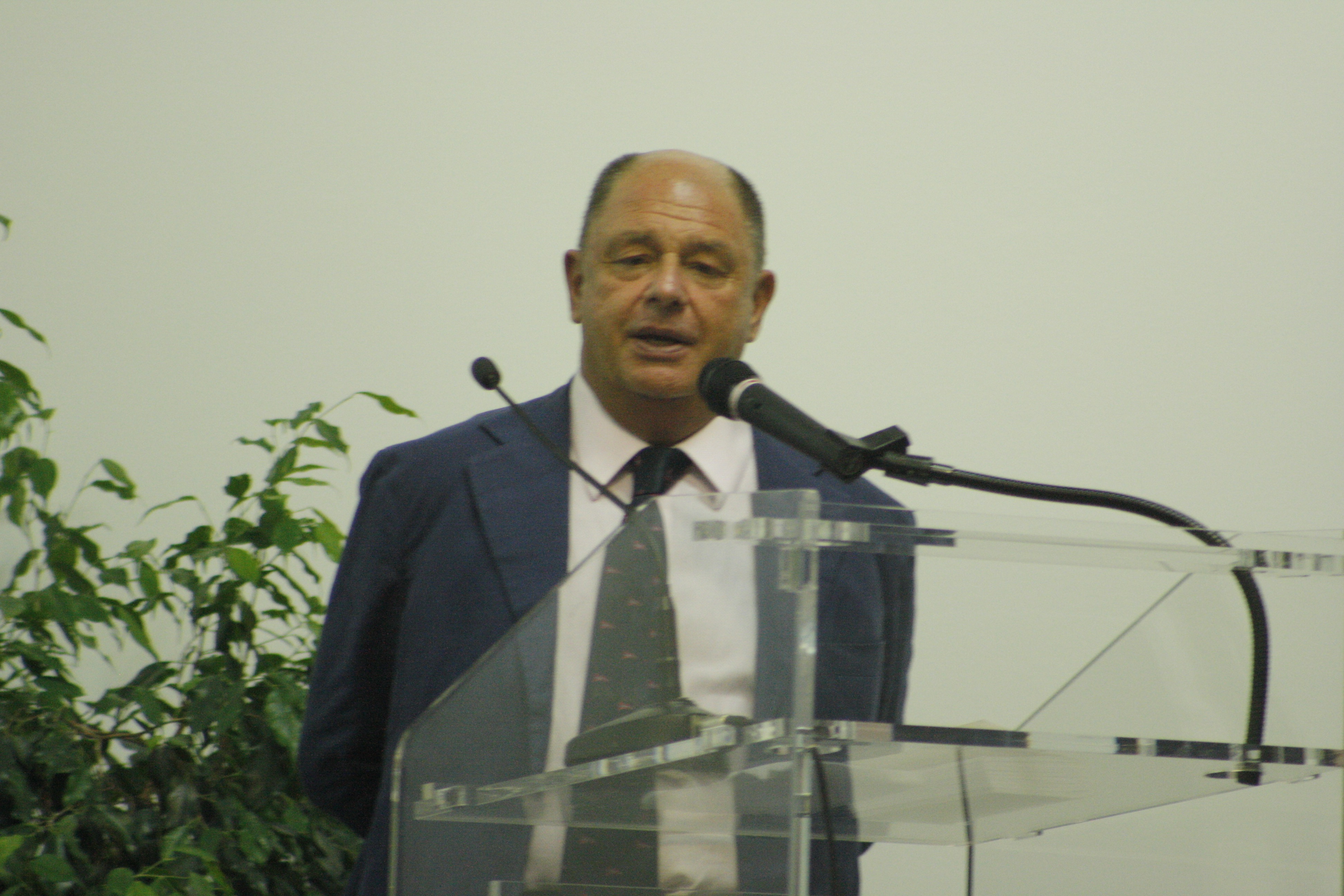Latest News
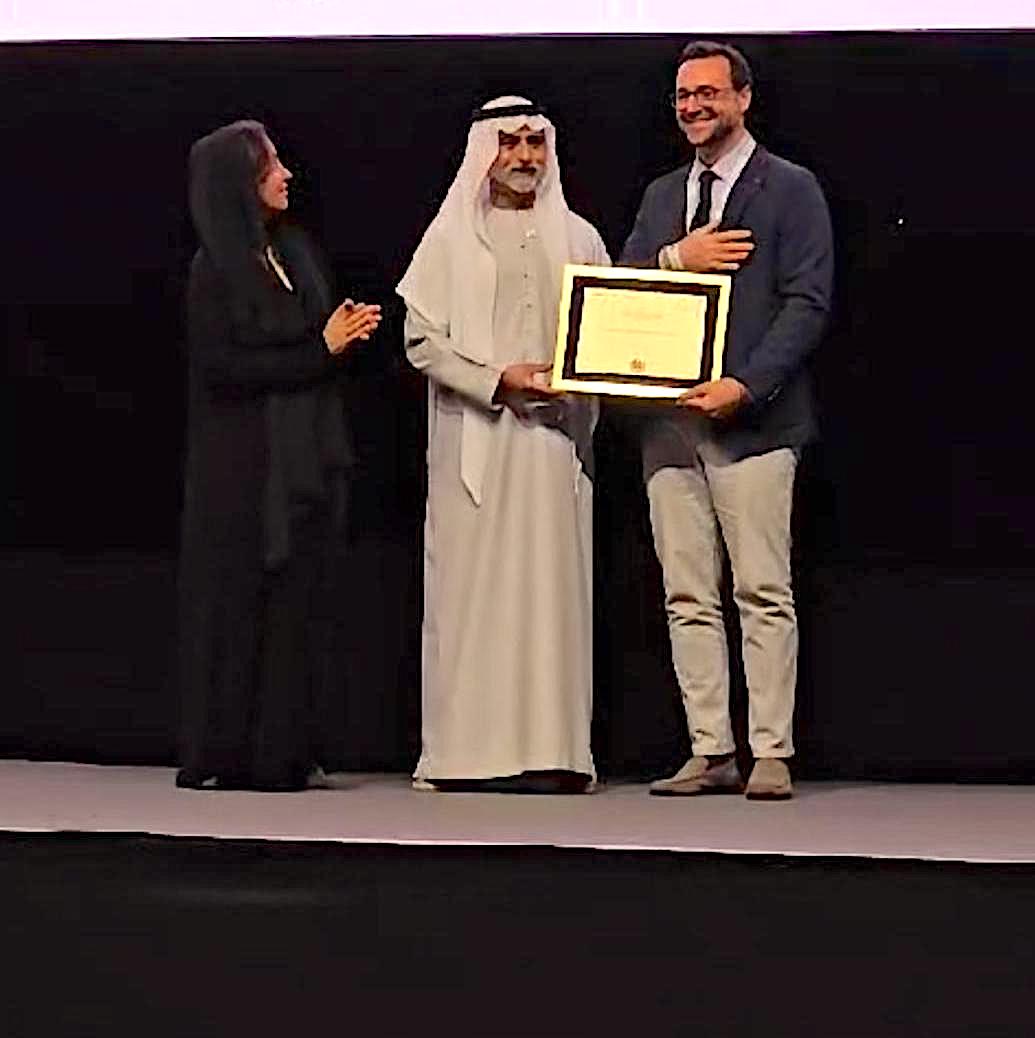
Geppino Falco awarded in Dubai for his research activities conducted at Biogem
The Health Innovation Trailblazer Awards Academic had been awarded to the head of Biogem Stem and Tissue Regeneration research laboratory,
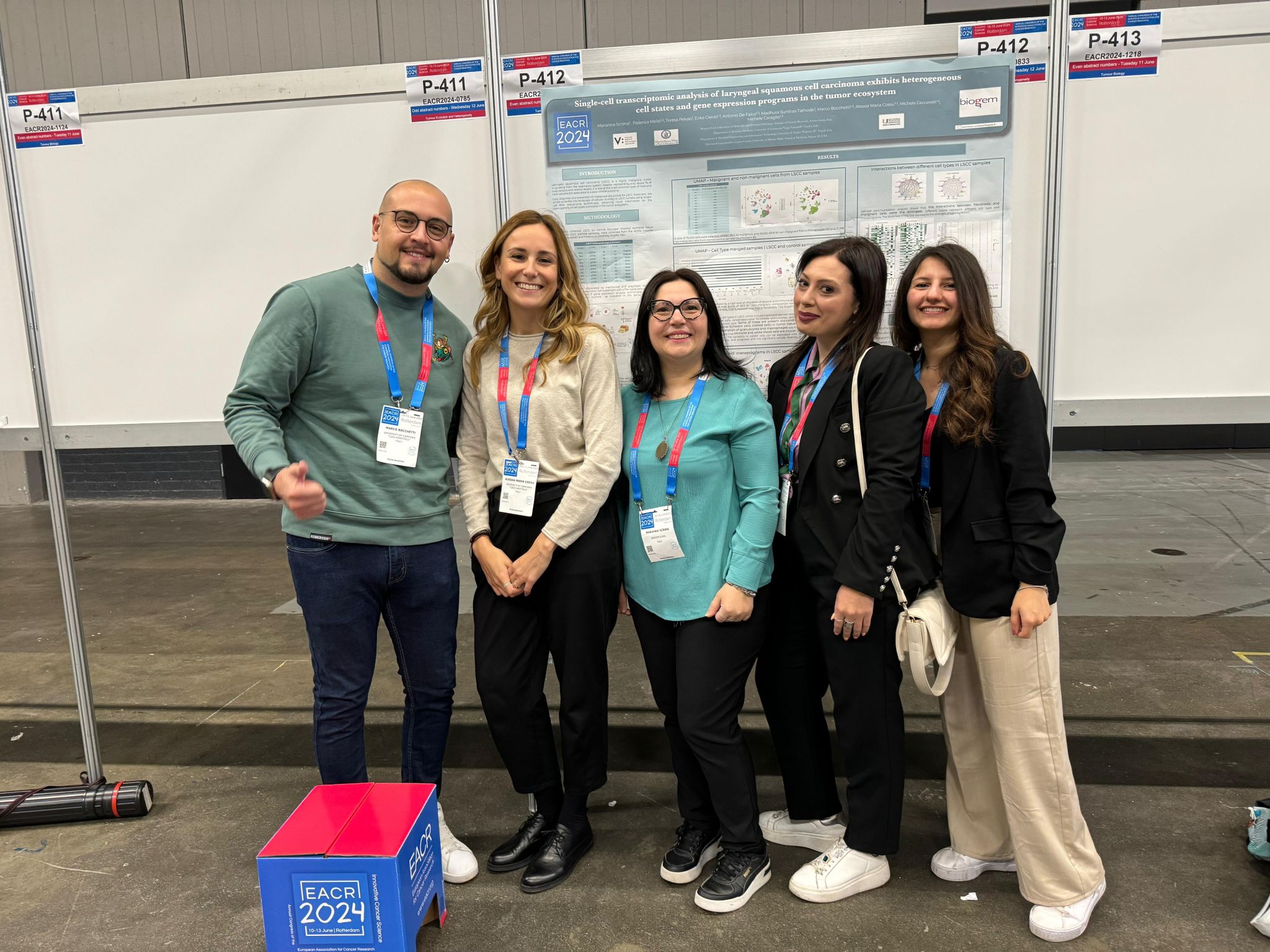
Biogem present at the international oncology conference in Rotterdam
The Biogem Molecular and Precision Oncology laboratory participated to the yearly conference of the European Association for Cancer Research (EACR
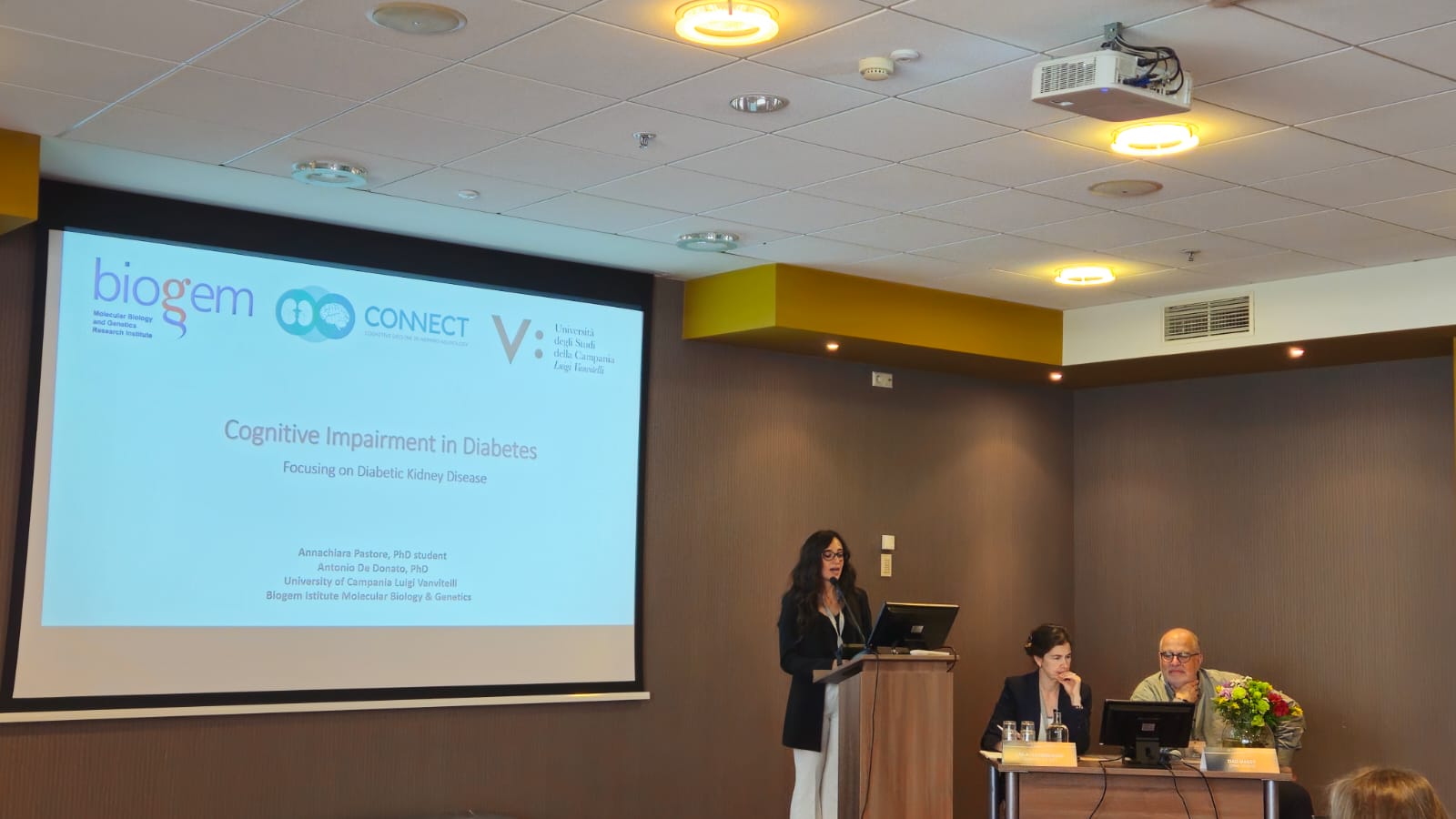
Biogem present in Lithuania for the fourth meeting of the CONNECT project
The event, scheduled on June 25-26 in the charming city of Kaunas, virtually concludes the activities of the COST-Action 'CONNECT
Biogem laboratories
GLP TEST CENTER
The two cultures
Annual meeting inspired by the essay written by Charles Percy Snow, in which the author expresses his hope to go beyond the dichotomy between science and the humanities.
The main theme of this year’s edition will be “Living animals that are present in living animals”.
A fascinating journey into the history of Earth and life, told by authentic fossil finds, by suggestive reproductions, and by a set of technological devices, which allow visitors to get immersed in an unexpected multimedia reality, capable of capturing the attention of adults and young people. The “Quadrifera”, the Multimedia Pyramid, the Immersive Museum, the 7D Multimedia Room and the replica of the skeleton of an Allosaurus Fragilis in life size are the main parts of the exhibition, specifically designed to illustrate the origins of Earth and the evolution of life on it.
The UIIP Biogem Program (University Industry Internship Program) is a ‘bridge’ between the world of education and that of companies. UIIP tends on the one hand to meet the training needs of IT companies, characterized by a constant search for talent and resources, with specific digital skills, and on the other hand provides young graduates who participate in courses (lasting 2/3 months ) practical skills to enter the labor market (on topics such as SAP, Analytcs, Web) and adequate soft skills (team working, public speaking, problem solving). The post UIIP courses placement rate is 95%.











